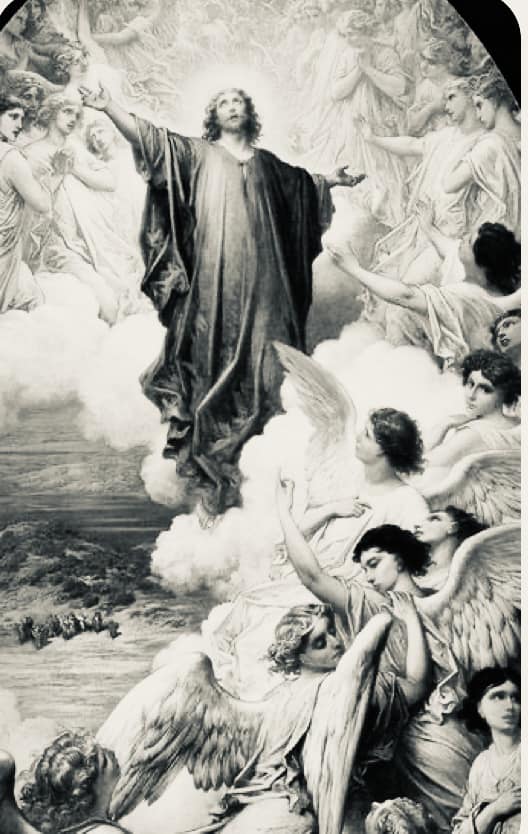444 total views

The words of Jesus to the Sadducees in today’s gospel (Lk 20:27-38) point to the difficulty involved in imaging our future life based on our present life experience. Holding only to the Pentateuch, the Priestly Sadducees adhered to the letter of the law and refused to give weight to oral tradition. This means that a doctrine such as the resurrection was excluded, (v27). The word “ànastasis” (ἀνάστασις) is a noun meaning “resurrection” in most of its approximately forty occurrences in NT. General references to the resurrection of the dead include those in Mt 22:23f; Mk 12:18f; Lk 4:14, 20:27f; John 11:24f, 5:29; Acts 23:8, 24:15f; 2 Tm 2:18; Heb 6:2, 11:35. It refers, in particular, to the resurrection of Jesus: Acts 1:6, 4:33; Rom 1:4, 6:5; Phil 3:10; 1 Pt 3:21. And in few instances it simply means “rising” without qualification (Lk 2:34).
The case presented to Jesus, bordering on the absurd, implies an attitude of ridicule and is meant to press Jesus on the after-life issue (vv28-33). Pentateuch indeed teaches the responsibility to marry the deceased brother’s widow and bear progeny to his name, known as the Levirate law of Moses (Dt 25:5-10).
But Jesus points out the impossibility to translate marriage in the present life into resurrection terms, or any legislation regulating the married state. For the transformation of the resurrected body from matter to spirit is so total that the earthly considerations no longer have meaning, (cf 1 Cor 15:42ff). Like the angels (v36, called ‘children of God’ as well in OT, cf Gen 6:2), whose non-corporeality excludes gender differences, pairing, and progeny, those who rise again are no longer human children but children of God. Then focusing on the resurrection itself (v37f), Jesus centers his argument on that part of the scriptures that the Sadducees accept. Citing Yahweh’s relationship to the three patriarchs (cf Ex 3:6) he states that only life would continue to bind the patriarchs to God after their death. He who is the source of all life remains the cause of resurrected life.
As Jesus upholds resurrection teaching, he at the same time challenges a type of thinking that would model future life on the present and fail to appreciate the transformation involved in the passage to a new existence. What we do know about our future life in and with God is that it is not only vastly superior to the present life, it is also vastly different. And this is what Jesus had come for: “that (you) may have life, and have it abundantly, (John 10:10, cf also 6:38-40).

















